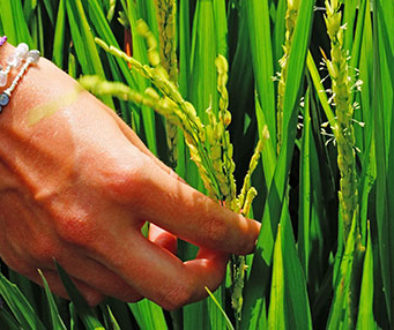Children Living With Food Allergies
Having an allergy to a particular food or group of foods can either be a minor annoyance or a life-threatening matter. The unfortunate issue with food allergies is that they are hardly ever realized until an allergic reaction has occurred. This can be an alarming situation for parents who do not know what is happening when their child eats something that they are unwittingly allergic to. It can be easy to keep children away from the foods that they have allergies to, but oftentimes those same food products are merely ingredients in other foods. Eating foods that contain even those food byproducts can also cause the same reaction.
Food allergies, as opposed to food sensitivities, occur in the immune system. A true allergy to a food results in a violent, life-threatening reaction caused by the immune system attacking the offending protein as it enters the body and bloodstream. The immune system produces an antibody called IgE, which seeks out and bonds with the protein of the food that the child is allergic to. The stead increase of IgE proteins contained in the blood stream releases a flood of chemicals that may induce itching, fever, swelling, vomiting, fever, difficulty with their breathing, as well as numerous other types of symptoms, and might eventually lead to the systems of their body to shut down.
Most food allergies appear before a child reaches three years of life. If, however, a child is never exposed to a certain food that they have an allergy to in the toddler years, they might show an allergic reaction later in life. Most common allergens include wheat, milk, nuts, soy, and eggs. In fact, those foods incorporate over ninety percent of the allergies children face.
There is a difference between having sensitivities to certain foods and being allergic to certain foods. Those who merely have sensitivities to certain foods will encounter allergy-like reactions long after eating the food. Many times, there is a lapse of at least two hours before the reaction occurs. People who have true allergies to a food will feel the effects almost immediately. These reactions will also happen each time there is ingestion of the responsible food. Although some allergies, if avoided early on, can be outgrown, there are still few that the child will still battle with even as an adult.
Although some food allergies cause problems for a lifetime, many of them can be outgrown.
If you are concerned that your child may have a food allergy, it is crucial to have them screened through the use of an allergy skin test. This will eliminate any doubt in your mind about whether or not there is allergy present. Once diagnosed, inform all caretakers, family, and friends about the allergy, and teach your child to ask what is in the foods that they are offered. The best way to deal with allergies in children is to completely avoid the foods that cause the reaction.
It is next to impossible, however, to protect your child from dangerous foods every minute of every day. Packaging has come a long way in recent years, and packaged foods are usually clearly labeled with potential allergens, but your child may not know how to read the labels, and may inadvertently grab a handful of snack mix that has a trace of peanuts in it. Because of the danger of life threatening complications, always have an Epi-pen handy, and make sure your child or her caregivers knows how to use it. An Epi-pen is a large shot of epinephrine, which will stabilize the allergic reaction until help can be summoned. After administering the epinephrine, call 911 to get immediate medical help for your child.

